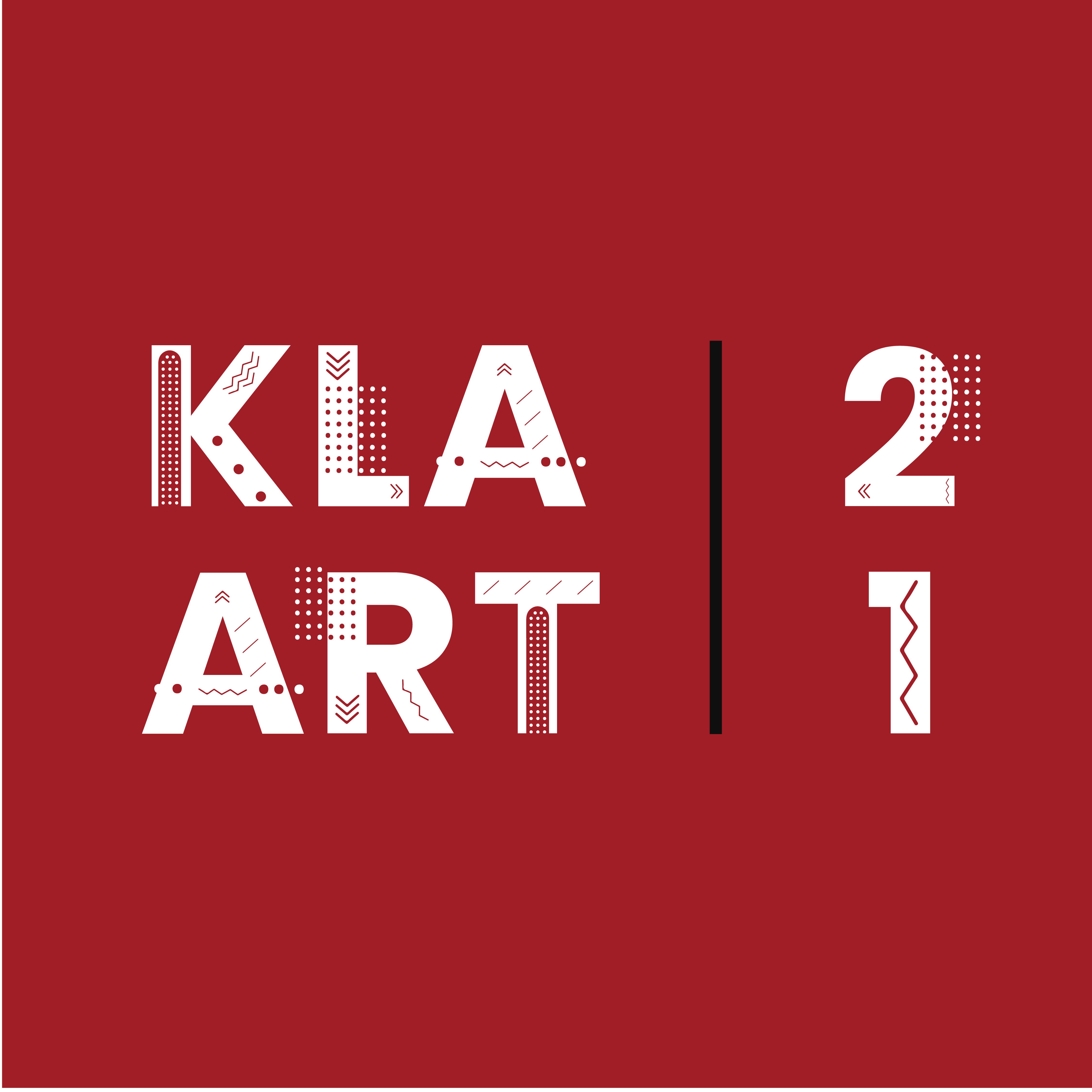Podcast Transcript: Lab Session 1 Reflections — Gloria Kiconco
In the day, the lamppost stands mostly ignored.
Taking the hot with the cold, the wind and the wet in silence.
We children armed with slingshots hunting sparrows and pigeons would often use the street lamp for target practice.
Popping bulbs of the street light was accidental, it became a pastime for some.
The municipal blackjacks, South Africa’s black bobbies on the beat, had their hands full trying to capture these miscreants.
I still maintain that Johannesburg city council relinquished the administration in the township in disgust.
Because they were unable to cope with the job of replacing the broken bulbs.
This is a reading from Lampposts a text written by Santu Mafokeng and one of the texts that were shared with us by Nare and Molemo during our Research and Concept Development Lab, the initial lab for the KLA ART Labs project. Why this text was really interesting and important is that he was writing in a way that he was using something very basic, an everyday object, lampposts, and from that he was pivoting toward writing about much deeper themes. This was really important to me, to kind of remind myself of how to keep work grounded and during this time I think there was a sense of uncertainty but not uncertainty in a frightening way, it was one that was embraced. Research was a very important thing that we talked about throughout this time — kind of the concept of research itself, how we do our research.
A couple of things that really stood out to me from that lab that I really remember is one; you do not have to keep everything that you research, there are some artists in our group who do deeper more meticulous research but sometimes that becomes overwhelming with everything that you uncover and that you would want to include, but you can’t have it all, it would clutter the work.
Sometimes research moves you away from your initial idea and that is okay to kind of follow a new branch. Not necessarily that you have to waver from your idea but be flexible enough to accept what is coming your way. The other person we had with us facilitating this workshop was Lobadys Perez, and I think one of the most important things he contributed was the idea of research through movement and a lot of critical questioning that we had to work through with him. But most especially research through movement was very helpful and as writer, somebody who sits and just writes on the page and does not really consider physical movement as part of my research or working process, this was a bit difficult for me to consider and to try but was very helpful in the end and kind of helped my mind move into different spaces.
It reminds me of something the poet Ocean Vuong speaks to. He walks when he is kind of working through a poem and rather than thinking of maybe having writer’s block he just believes that when you are stuck you are trying to work through something. Sometimes working through that thing means writing more, editing more, talking more, it might just means walking in the mind to kind of figure out these things by itself. Another thing that we did discuss that was really important for my practice and I think for others as well but I like to speak only from my perspective, is the question; what makes work self-indulgent.
We had a number of discussions about when work is, I wouldn’t use the word good as a qualifier, but helpful because especially if we are in the long term looking for the public. There are two things that we discussed, and one was about work being self-indulgent and the other was about imposing our work on the public. Nare and Molemo, when they were doing their project under the collective name “MADEYOULOOK”, it was a project where they were doing public lectures on trains and it was really an exceptionally amazing project and in practice and there is really a lot to be said for it.
One of the critiques for themselves about their project was they never asked themselves if the public, people who are tired and like coming home after work really want this to happen to them because it was kind of based of an idea of people preaching and instead they were offering public lectures for just general knowledge and as much as that is a good thing it could easily cross over into violating somebody’s public space or violating everybody’s public space and or just taking up time that people might use for decompressing or for their own thoughts or reading or for whatever reason they use that time for. So that was an important reflection for, is our work disruptive in a positive way, in a negative way, or we thinking of what the audiences response will be and if this is something they do want or this is something that is pushing the public too much and I also did appreciate all the contributions of Jared Onyango during this time talking about his research through movement and dance and it really opened up ideas of different ways we can do research, which in retrospect, were are connected to other discussions we had in our labs including the recent labs; Making Things Public.
So that is what I would have to say about the research and concept development in the labs. It was a really great place to start off and it was a very supportive and welcoming and open environment and I also really enjoyed how we closed it off with the collective drawing experience that kind of was bringing together some of the ideas that we shared and was also kind of a moment to get together and think and share in a very relaxed manner.
